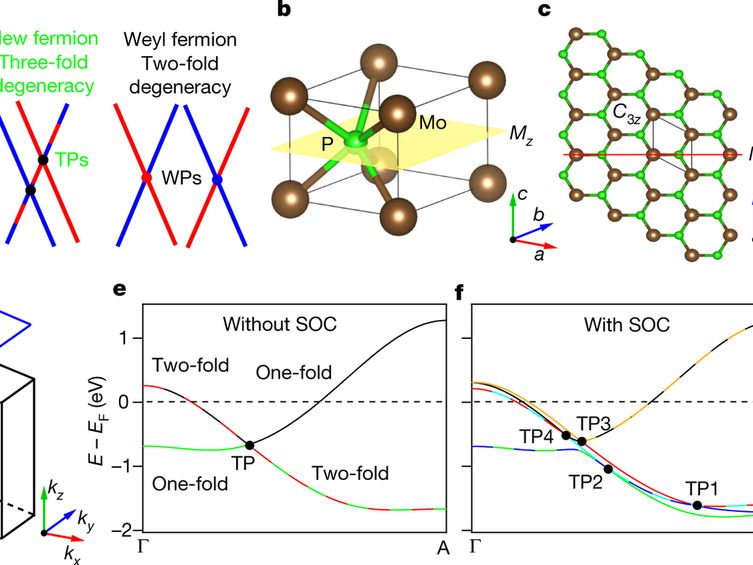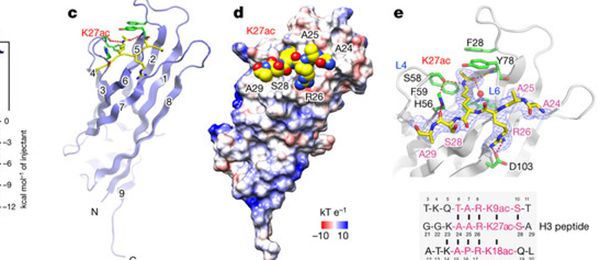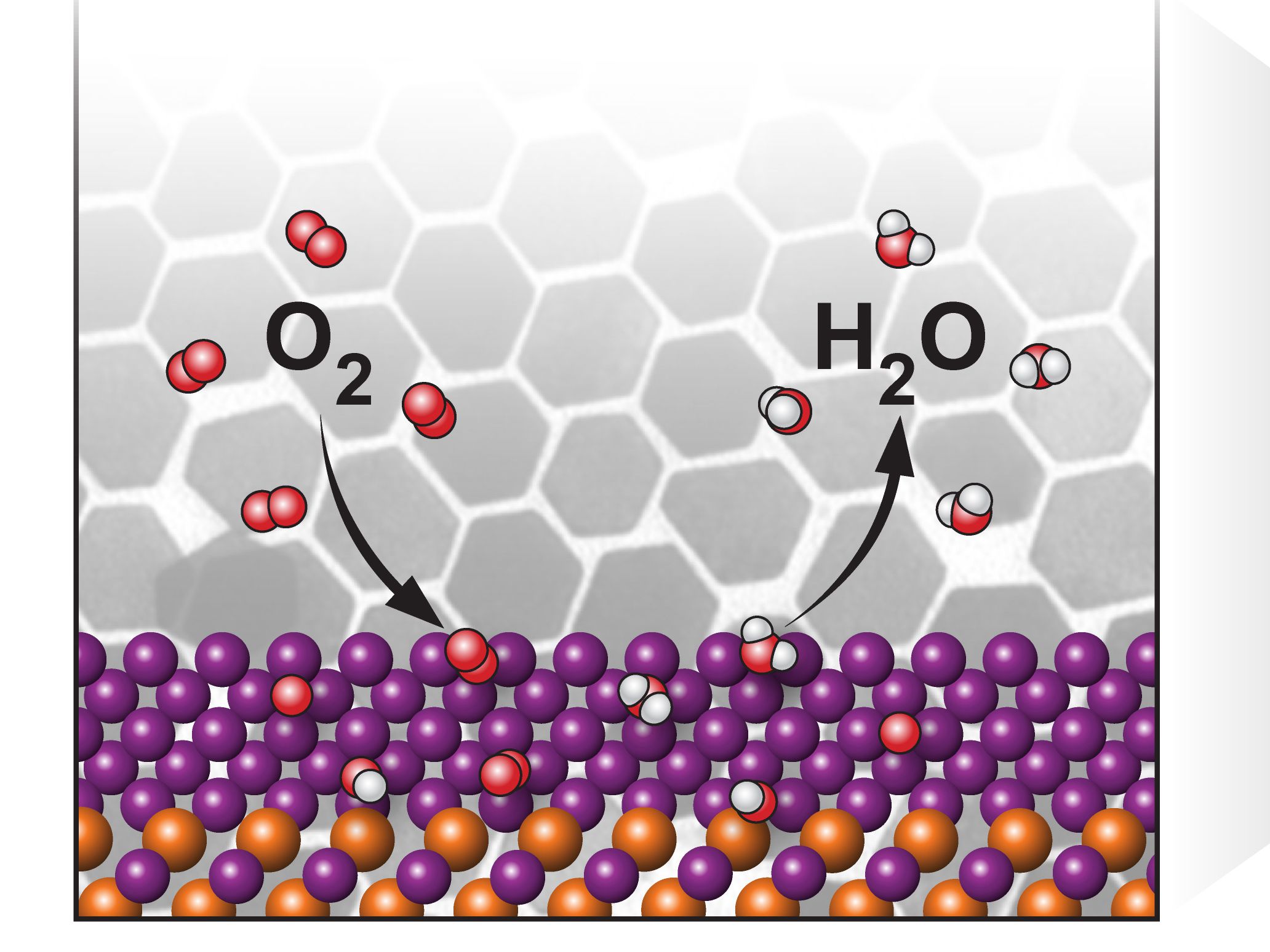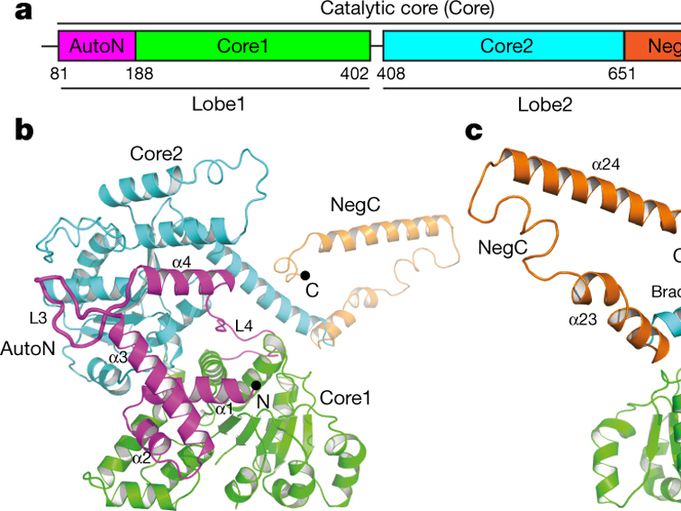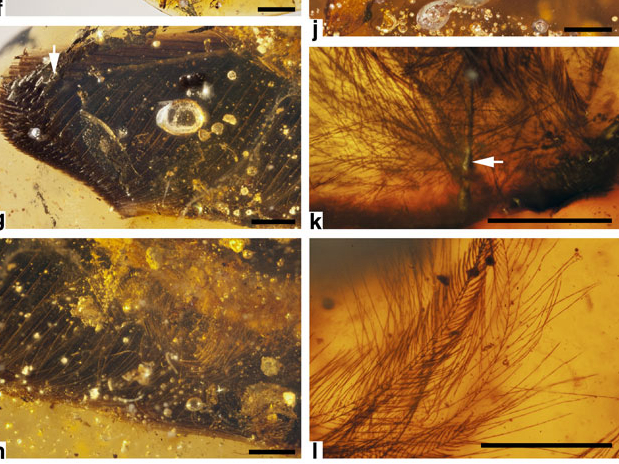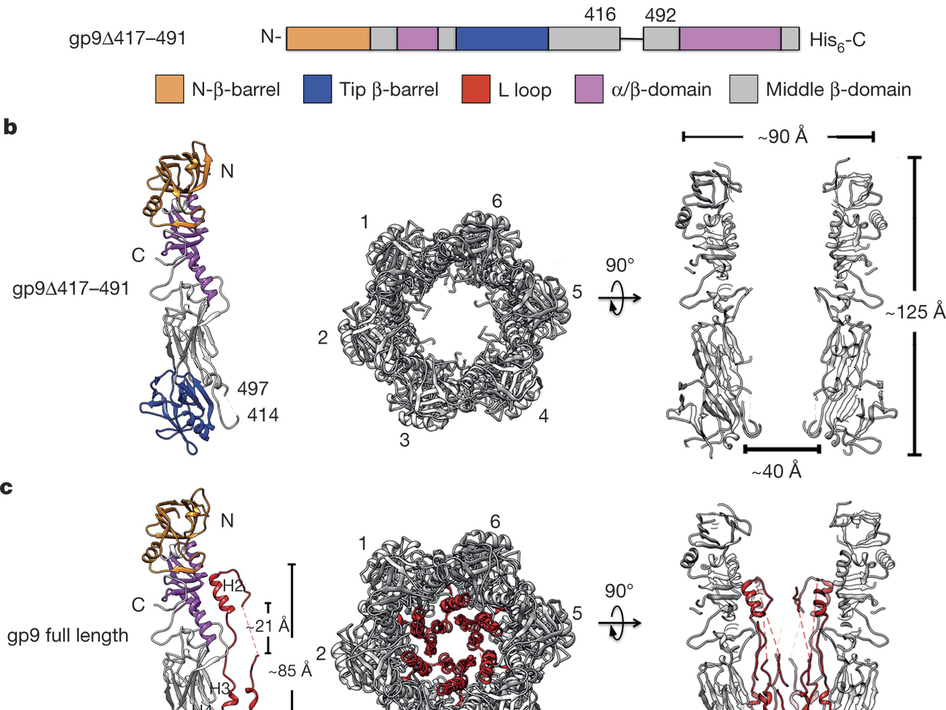Observation of Three-component Fermions in the Topological Semimetal Molybdenum Phosphide
In quantum field theory, Lorentz invariance leads to three types of fermion—Dirac, Weyl and Majorana. Although the existence of Weyl and Majorana fermions as elementary particles in high-energy physics is debated, all three types of fermion have been proposed to exist as low-energy, long-wavelength quasiparticle excitations in condensed-matter systems.
In quantum field theory, Lorentz invariance leads to three types of fermion—Dirac, Weyl and Majorana. Although the existence of Weyl and Majorana fermions as elementary particles in high-energy physics is debated, all three types of fermion have been proposed to exist as low-energy, long-wavelength quasiparticle excitations in condensed-matter systems. The existence of Dirac and Weyl fermions in condensed-matter systems has been confirmed experimentally and that of Majorana fermions is supp...
06 21 , 2017
